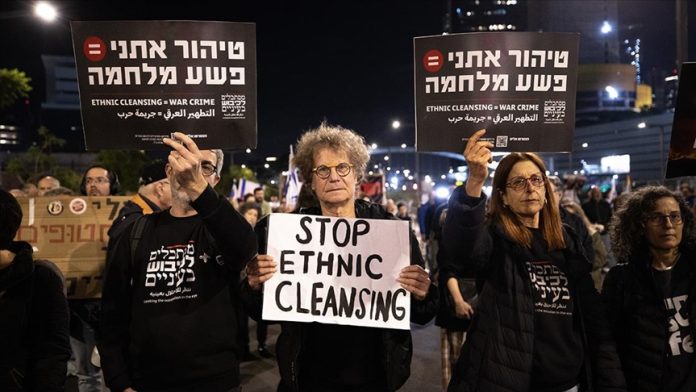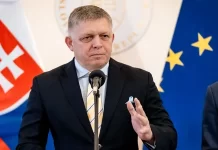Hebrew media outlets described the current international scene as “one of the darkest chapters of the 21st century,” referring to what they considered a rising political tsunami against Israel, rendering it a “pariah state” on the global stage.
Yedioth Ahronoth noted that the unprecedented criticism Tel Aviv has been subjected to since October 7, 2023, is escalating once again. For the first time, the European Union explicitly accused it of committing “genocide.” Belgium, following France in the footsteps of recognizing a Palestinian state, moved to recognize it. Spain launched a diplomatic offensive against its partners over their stance on the war on Gaza.
A Comprehensive Boycott
The repercussions of the genocide in Gaza have not been limited to politics and diplomacy, but have extended to the daily lives of Israelis, with the global boycott movement escalating on a massive scale. It has included economic, educational, tourism, and sports institutions, with famous European hotels refusing to receive tourists from Israel. The boycott has also extended to football stadiums and sporting events.
The Hebrew newspaper explains that this widespread wave of rejection reflects the profound global shift toward the occupation since October 7, which threatens not only Israel’s reputation but also its future integration into the global economy.
Tightening the Noose
In another report by The Times, it emerged that a number of European teams have already contacted UEFA to explore ways to avoid facing Israeli clubs. Although the union denied receiving official requests, it acknowledged growing concerns among club management and fans regarding public safety and the possibility of angry demonstrations against Israel.
UEFA President Aleksander Ceferin had previously opened the door to the possibility of excluding Israel, an unprecedented statement at this level.
Furthermore, the organizers of an international chess tournament in Spain banned Israeli participants from playing under the Israeli flag and required them to appear under the banner of the International Chess Federation, threatening to disqualify them if they refused. This move was a denunciation of the ongoing Israeli aggression on Gaza.
In the Netherlands, demonstrators gathered in front of Rotterdam City Hall to protest the participation of an Israeli team in the European Baseball Championship. They argued that sports are being exploited to whitewash the occupation’s crimes against the Palestinians and called for its exclusion from international sporting events.
In Italy, the Football Coaches Association called for Israel’s international membership to be suspended, while the Norwegian Football Association decided to donate the proceeds from its upcoming match against the Israeli national team to Gaza, a major political and moral blow to the occupation.
On the tourism front, Channel 13 revealed an unprecedented increase in European hotels refusing to accept Israeli tourists. In Zurich, Switzerland, a hotel canceled the reservations of an Israeli family, justifying this with a blunt message: “Your people stole the land of the Palestinians and are advancing like Hitler. You are not wanted anywhere in the world.”
In Thessaloniki, Greece, another hotel canceled the reservations of an Israeli family, while in Serbia and Georgia, tourists received direct messages stating: “We do not accept Israelis.”
In the face of this rising global wave, expectations are growing within the Zionist entity that this phenomenon will expand further, especially since the entity’s government has issued warnings to its citizens not to reveal their identities abroad to avoid hostile situations.
Thus, “Israel” appears to be stuck in stifling global isolation, as it simultaneously faces accusations of genocide, escalating political pressure, and an economic, tourism, sports, and scientific boycott that threatens its future as an accepted entity on the international stage.























